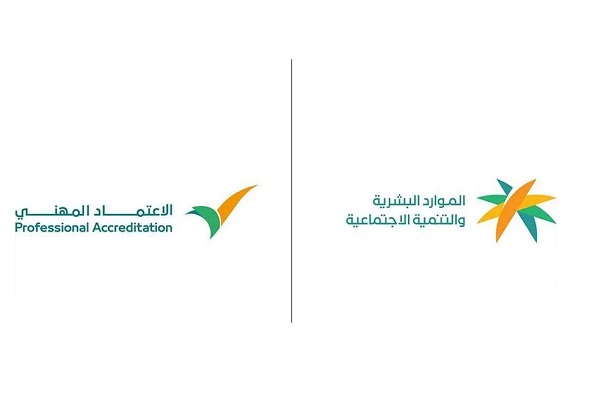
Human Resources Ministry: Professional Accreditation Program Ensures Competence of Expatriate Workers
The Ministry of Human Resources and Social Development has continued its efforts to improve the quality of labor market outputs through the Professional Accreditation Program, which has achieved record numbers since its launch by accrediting more than 209,500 workers in various professions covering over 1,000 occupations worldwide.
The Professional Accreditation Program aims to ensure that expatriate workers possess the necessary skills and qualifications according to the requirements of each profession, aligning with the Saudi Standard Classification of Occupations to guarantee a more efficient and high-quality work environment.
The program includes the "Professional Verification" and "Professional Inspection" services, both of which operate according to specific mechanisms and methodologies. The "Professional Verification" service aims to verify the skills, experiences, and certifications of expatriate workers in high-skill jobs. This process is fully automated and conducted through a unified electronic platform with a maximum processing time of 15 working days.
Meanwhile, the "Professional Inspection" service targets workers with medium and low skill levels in professions that do not require academic degrees. It also assesses the skill levels of expatriate workers through practical and theoretical tests conducted before and after the workers enter the Kingdom.
The program aims to enable employers to assess their workforce via more than 127 professional examination centers inside and outside the Kingdom. Since its launch, the service has included five countries that are among the highest exporters of expatriate workers to the Saudi labor market, including Pakistan, India, Bangladesh, Sri Lanka, and Egypt.
The program continues to grow and expand to cover additional countries and a larger number of professions and workforce-exporting countries. This will contribute to raising awareness among employers and government and private institutions about the importance of employing qualified expatriate workers, ensuring job performance quality, and improving the professional qualifications of workers across various sectors. The program aims to regulate the entry of workers with the necessary knowledge and skills into the Kingdom and contribute to creating a labor market with trusted competencies.








